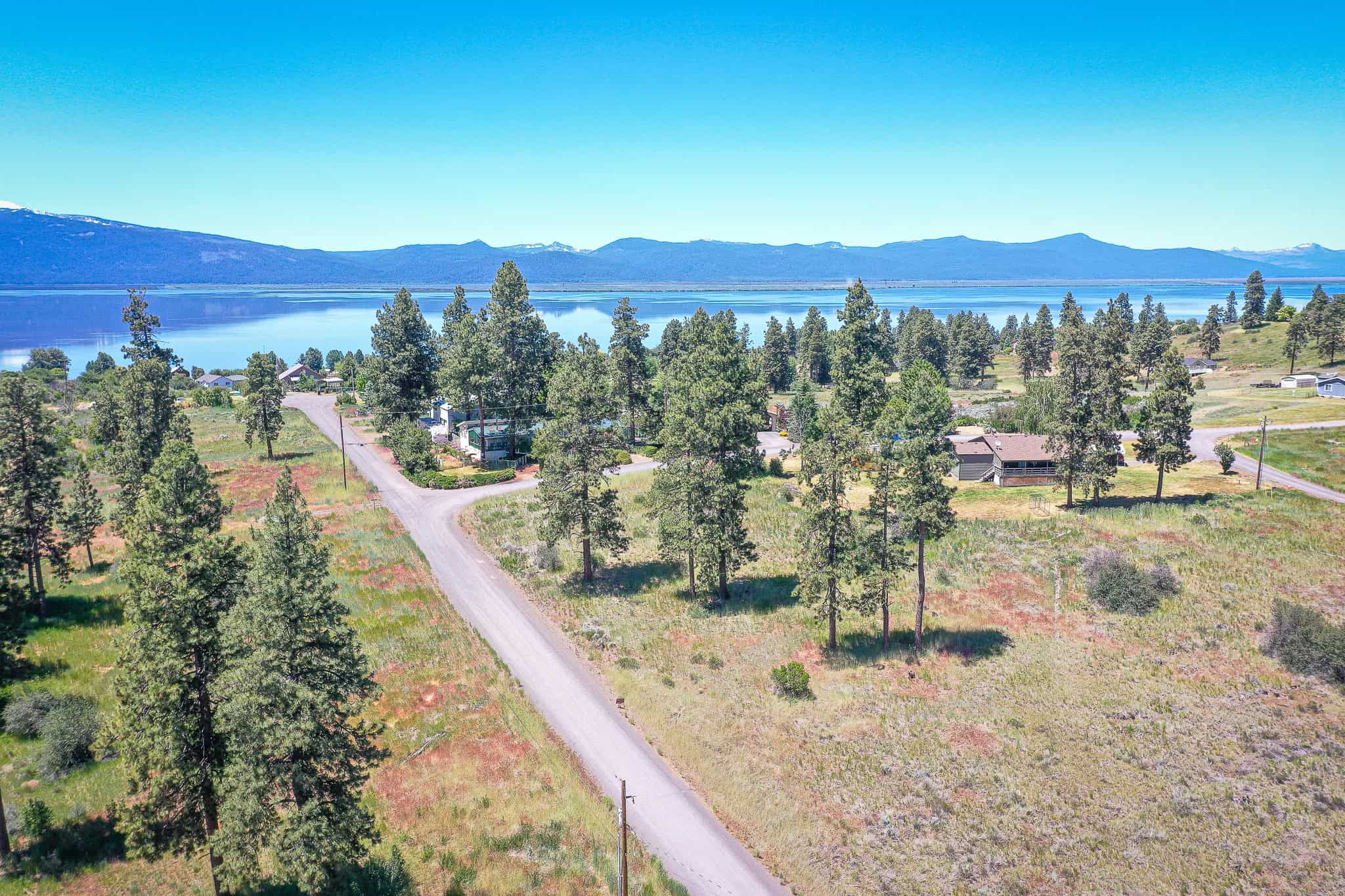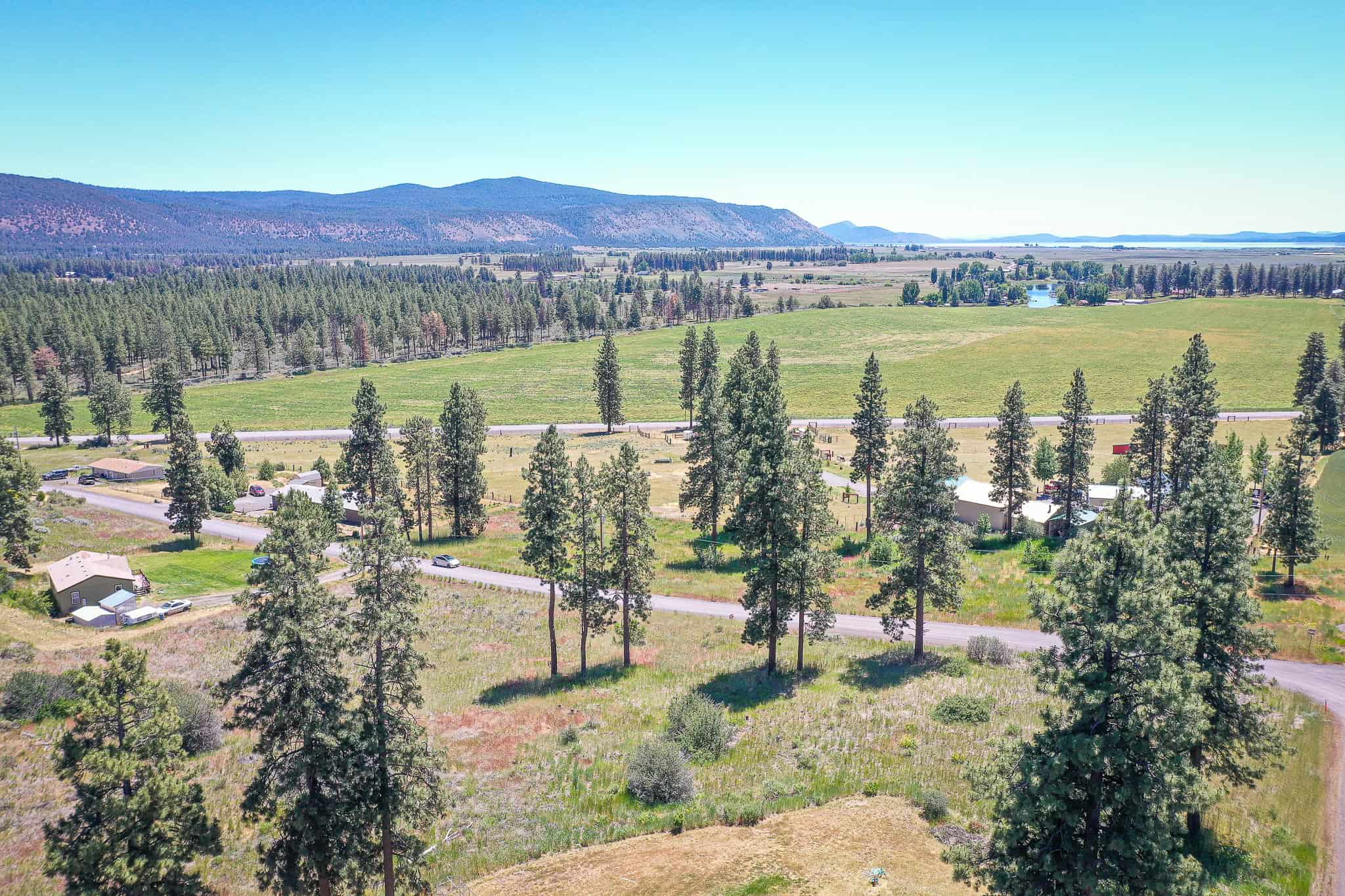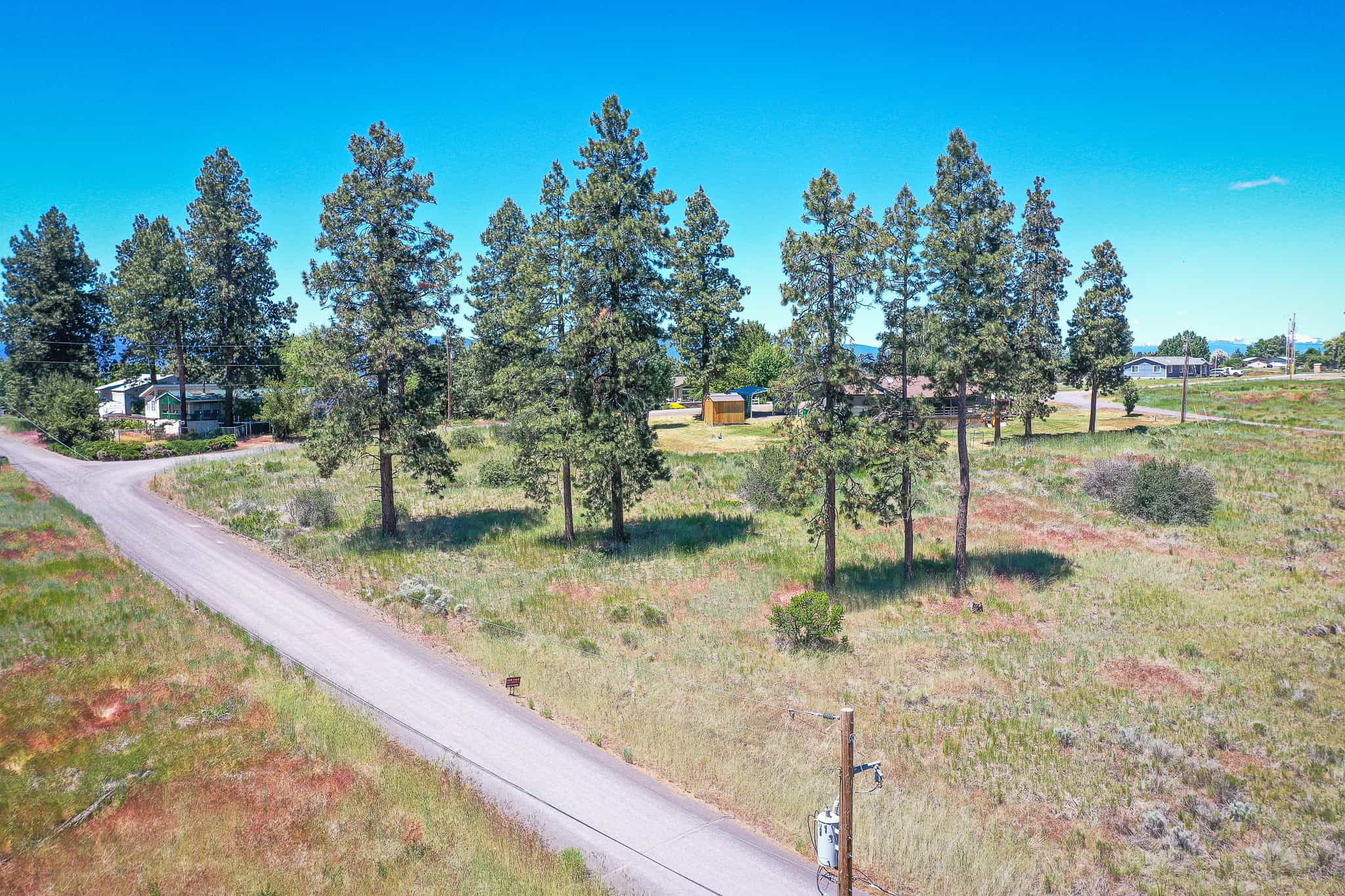Remember that episode of HGTV where the couple bought a tiny house and parked it on some land in the middle of nowhere? Seemed idyllic, right? Well, my friend Sarah tried that. Except, plot twist, the county slapped her with a cease-and-desist order. Turns out, not all land is created equal, especially when you're talking about sticking a mobile home on it. (Surprise! Bureaucracy strikes again!). Which got me thinking... finding land that actually *allows* mobile homes can be trickier than it looks. And hey, maybe you're here because you're facing a similar "idyllic dream meets harsh reality" situation? Let's unpack this.
So, you're on the hunt for some land. Awesome! Maybe you're downsizing, maybe you're escaping the city, or maybe you just really, really love the idea of owning a little slice of freedom. But before you start picturing yourself sipping sweet tea on your porch, let's talk about the crucial first step: making sure you can legally put a mobile home (or manufactured home, or whatever-term-you-prefer) on that land.
Why the Fuss About Mobile Homes?
Okay, let's be real. Mobile homes sometimes get a bad rap. There's a stigma, right? Some people associate them with lower property values or, dare I say, a certain aesthetic. (No judgement, I've seen some seriously stylish mobile home renovations!). But the truth is, a modern manufactured home can be a perfectly viable, affordable, and even luxurious housing option. The problem isn't the home itself; it's often the zoning regulations.
See, many counties and municipalities have restrictions on what type of housing is allowed on certain plots of land. These restrictions can range from outright bans on mobile homes to specific requirements about size, age, and appearance. (Think siding materials, foundation types, roof pitch... the whole shebang!). The reasoning behind these rules is often rooted in preserving property values, maintaining a consistent neighborhood aesthetic, or simply adhering to outdated zoning codes. Whatever the reason, it's *your* job to navigate the legal landscape. And trust me, you do *not* want to skip this step.
Where to Find Land That Welcomes Your Mobile Home
Alright, so how do you actually find land where you can legally park your humble abode? Here are a few strategies:
- County Zoning Office: This is your absolute best friend. Seriously, get to know them. Call them. Email them. Visit them (with donuts!). Ask about specific parcels of land you're interested in. They can tell you definitively whether or not a mobile home is allowed, and what the specific requirements are. Don't rely on hearsay or the land seller's word – get it straight from the source. (Pro Tip: Write down the name of the person you spoke with and the date. Documentation is key!)
- Online Land Listing Sites: Websites like Zillow, LandWatch, and Land and Farm often have filters that allow you to search for land with specific zoning designations. Look for terms like "mobile home allowed," "manufactured home allowed," or "unrestricted." BUT, and this is a big but, always verify the information with the county zoning office. Online listings can be inaccurate.
- Mobile Home Communities: This might not be exactly what you're looking for, but it's worth considering. Mobile home communities are specifically designed for manufactured homes, and they often offer amenities like community centers, pools, and landscaping services. (Plus, you'll be surrounded by people who *get* the mobile home lifestyle!). While you don't "own" the land in the same way, you typically lease a lot.
- Real Estate Agents: A real estate agent who specializes in land sales can be a valuable resource. They'll have local knowledge and experience navigating zoning regulations. Just be sure to choose an agent who is familiar with mobile home restrictions.
Important Questions to Ask (Before You Buy!)
Okay, you've found a potential plot of land. Now it's time to ask some critical questions:
- What is the zoning designation of the property? (And what does that designation *actually* mean?)
- Are mobile homes specifically allowed on this property? (Don't accept vague answers!)
- Are there any restrictions on the size, age, or appearance of the mobile home? (Siding, foundation, roofing materials, etc.)
- Are there any setback requirements? (How far does the mobile home need to be from property lines?)
- What are the utility hookups like? (Water, sewer, electricity, internet – are they available, and how much will it cost to connect?)
- Are there any Homeowners Associations (HOAs) or covenants? (HOAs can have their own restrictions on mobile homes, even if the county allows them.)
Seriously, don't skip these questions! Imagine buying land only to find out you can't put your home on it. That's a recipe for heartbreak (and a financial disaster!).
Final Thoughts
Finding land for sale that allows mobile homes requires a bit of legwork, but it's totally doable. Do your research, ask the right questions, and don't be afraid to get your hands dirty (metaphorically, and maybe literally, if you're planning on doing some landscaping!). With a little planning and perseverance, you can find the perfect spot to build your mobile home dream.
Good luck, and happy land hunting!





